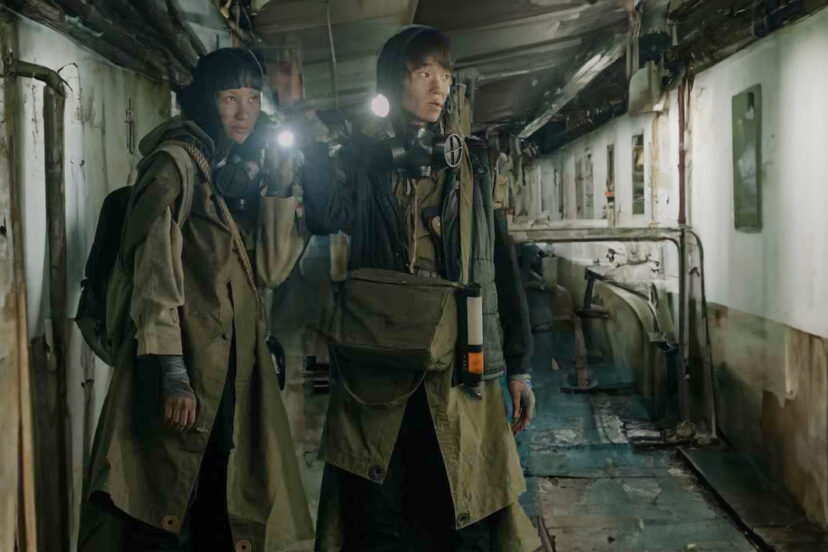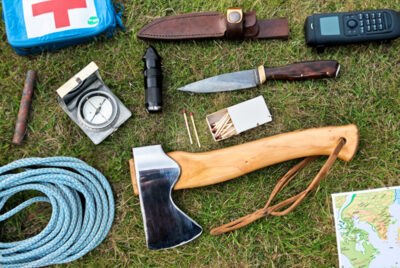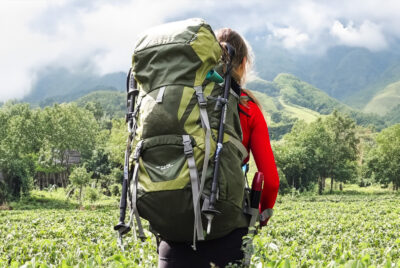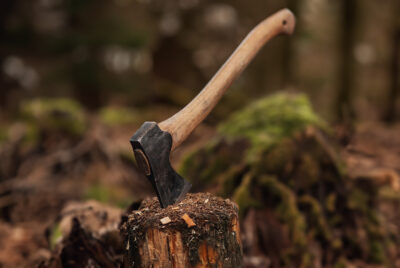Survival Clothing: A Comprehensive Guide for the Avid Survivalist
Why Survival Clothing Matters
The Basics of Survivalism
So, you’re into survivalism? Me too! It’s not just about hoarding canned goods or mastering fire-making skills. Surviving in the great outdoors or in a crisis situation often requires specialized gear, and among those, survival clothing is one of the most underestimated essentials.
Why Survival Clothing is Overlooked but Vital
You’re not alone if you’ve neglected this aspect; it’s often overlooked. But here’s the thing: the wrong clothing can actually put you at risk. Ever heard the phrase, “Cotton kills”? Yep, in the wrong conditions, cotton can be your worst enemy. Let’s dive in and set the record straight on survival clothing!
Core Principles of Survival Clothing
The Three-Layer System
Base Layer
Think of your clothing like a well-constructed sandwich. The base layer is the bread, foundational yet often underestimated. It helps wick moisture away from the skin. Materials like Merino wool or synthetic blends are your best friends here.
Insulation Layer
The middle, or the insulation layer, is like the meat of the sandwich. It helps you retain body heat. Fleece or down works marvelously for this.
Outer Layer
The outer layer is the protective “crust,” if you will. It shields you from wind, rain, and snow. Gore-Tex is a popular option here, but other synthetics work well too.
Material Choices
Synthetic Vs. Natural
Both have their pros and cons. Synthetics tend to wick moisture better, but natural fibers like wool offer superior insulation. Why not mix and match?
The Must-Have Items As Part Of Survival Clothing Arsenal
Thermal Underwear
This is a non-negotiable item for colder climates. Thermal underwear acts as an excellent base layer, providing both comfort and warmth.
Hooded Sweatshirts and Fleeces
Hoodies aren’t just for lounging; they’re great mid-layers! The hood adds extra warmth, and if it’s fleece, you’ve hit the jackpot in insulation.
Tactical Pants
These pants aren’t just for looking cool. They’re durable, offer great storage options, and can be quite comfortable.
Durable Boots
Your feet are your wheels in the wilderness. Invest in durable, waterproof boots. Your feet will thank you.
Situational Survival Clothing Gear
Rain Gear
A good raincoat and water-resistant pants can be life-savers.
Snow Gear
Think about investing in snow boots and even snow pants for extreme conditions.
Desert Gear
Breathable fabrics are your best friends here. Also, think about sun protection.
Gender-Specific Needs
For Men
Typically, men sweat more, so moisture-wicking fabrics can be more critical.
For Women
Women may require additional insulation, especially around the torso.
Sourcing Your Survival Clothing Gear
Where to Buy
Online vs. In-Store
Each has its merits. Online shopping offers variety, but in-store gives you the touch-and-feel experience.
Budgeting and Planning
Always budget; survival gear isn’t cheap. Look for discounts and deals but never compromise on quality.
Maintenance and Longevity of Survival Clothing
Cleaning
Learn how to clean your gear without damaging the material.
Storage
Proper storage can significantly extend your gear’s lifespan.
Summary
The right clothing can make or break your survival experience. From the three-layer system to the materials and specific needs, it’s crucial to get it right.
The Key Takeaways
Invest in a solid three-layer system
Choose the right materials for your situation
Never underestimate the power of good boots
FAQs
Is cotton really that bad for use survival clothing?
In wet and cold conditions, yes. It retains moisture and can lead to hypothermia.
Can I skimp on boots if I’m on a budget?
Footwear is not the place to cut corners. Poor quality boots can result in foot issues or even injuries.
Is Gore-Tex worth the investment as part of my survival clothing?
Generally, yes. It’s highly durable and offers excellent protection against the elements.
How often should I replace my survival clothing?
This depends on usage and the quality of the items. Regular inspection is key.
Can I use my regular clothes for survival situations?
It’s risky. Specialized survival clothes are designed for durability, insulation, and moisture management.
So, there you have it, my comprehensive guide on survival clothing. What will you invest in first?
References:
Outdoor Gear Lab: This website frequently tests and reviews outdoor clothing, including gear that would be essential for survival situations. Look for articles or studies on thermal efficiency, durability, and material science.
CDC (Centers for Disease Control and Prevention): The CDC has resources on how to protect yourself in extreme conditions, including cold weather. These guidelines often contain information on the types of materials that offer the best protection.




